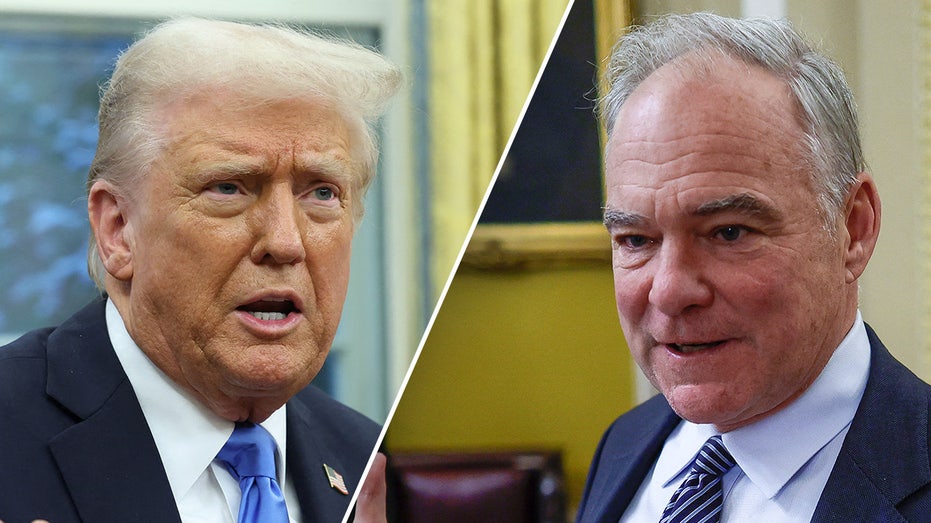
Pierre Poilievre put forward a solid pitch to voters during his visit to St. John’s on Tuesday, focusing on the “lost Liberal decade” and the policies that contributed to the “poorest growth in the G7.” He used a letter sent to political leaders by the CEOs of Canada’s 14 largest energy companies as a frame for his case, contrasting Conservative positions with those of Mark Carney’s Liberals on five key demands: the need to simplify regulations by overhauling C-69, the Impact Assessment Act; the need to ensure major projects are approved within six months; the removal of the cap on oil sands emissions the CEOs argue will shrink production; the requirement to kill the carbon tax on large emitters; and the desirability of creating ownership opportunities for Indigenous Canadians by extending federal loan guarantees.
Poilievre went back to basics, taking his Sharpie marker pen to a poster board and ticking off his support for all five measures, while marking an “X” for the Liberals against each one. The Conservative leader made the case that President Donald Trump wants Carney to win because the Liberal leader will keep the Canadian economy weak. The industrial carbon levy is a tax on the industrial backbone of this country, he said.

“It’s another area where Trump and Carney agree — they both want to tax Canadian industry, Trump with tariffs and Carney with a carbon tax. I want neither,” he said. It was all designed to put the Liberals on the back foot, and it succeeded to a limited extent.
Carney was even asked at his event in Winnipeg whether he plans to repeal the Impact Assessment Act and was forced to concede he will not (even though he could have pointed out that the Supreme Court of Canada has judged it unconstitutional and requires a radical overhaul by the federal government). So far, so good for the Conservatives. If the election becomes about which leader is most likely to kickstart the resource industries in this country, then Poilievre is well placed.
But for now, the 2025 general election is about who is best suited to navigate Canada as it sails into a perfect storm; it’s about who has the judgment and experience to know when to sail, when to tack, when to catch the tide and when to ride it out. Poilievre repeatedly talked about Carney being “weak and out of touch” but the Liberal leader’s tone is in tune with the mood of the country. “We face the biggest crisis of our lifetime.
President Trump is fundamentally restructuring the U.S. economy and that means our economy needs to change dramatically as well,” Carney said.
“As I made clear to President Trump in our phone call last week, I will reject all attempts to weaken Canada, to wear us down, to break us down so America can own us. That will never ever happen.” Carney has made progress in neutralizing accusations that he is against growth in the resource sector Poilievre portrayed Carney as a radical environmentalist who advised Justin Trudeau to oppose the Energy East pipeline (unlikely, given Carney was fully engaged with the fallout from Brexit as the governor of the Bank of England in 2017); and, of advocating that 50 per cent of global oil reserves should be left in the ground, if the world is to live within its carbon budget (which Carney did in his book Value(s)).
.















